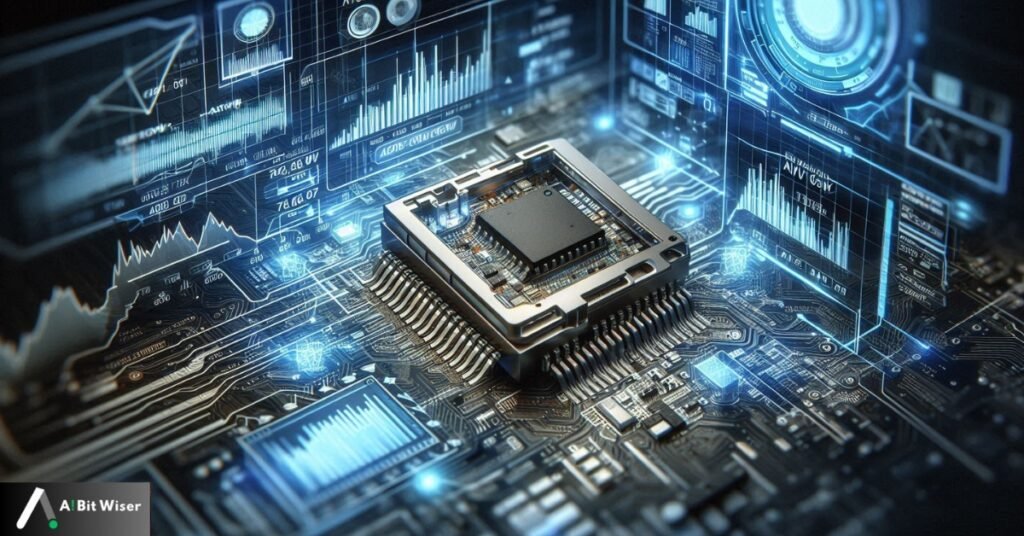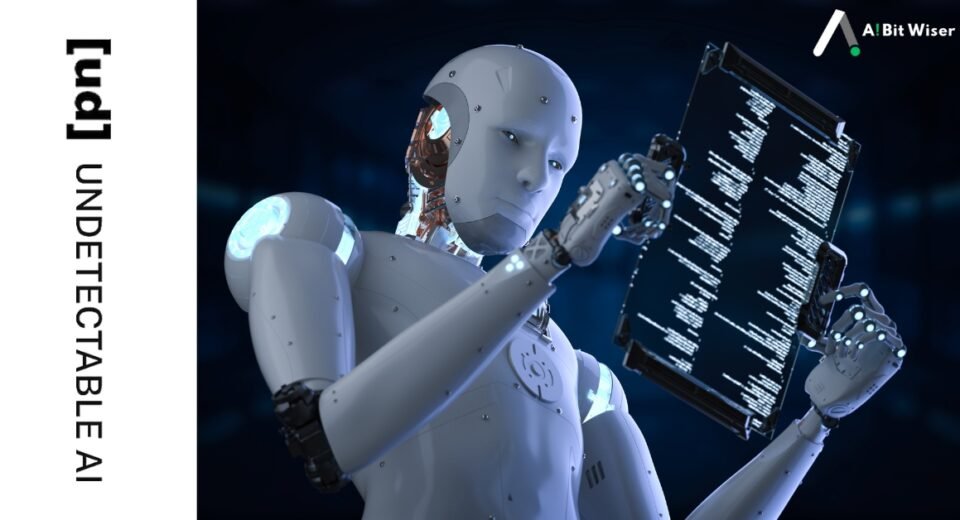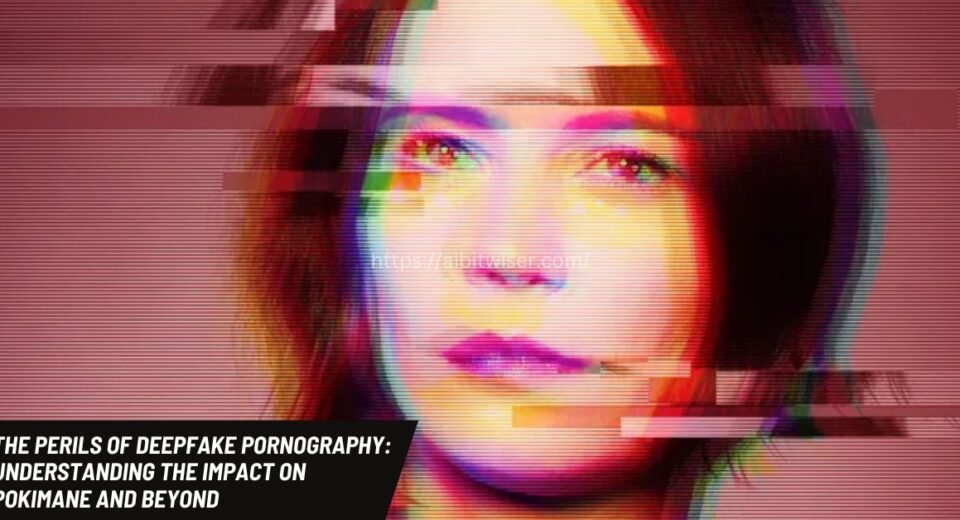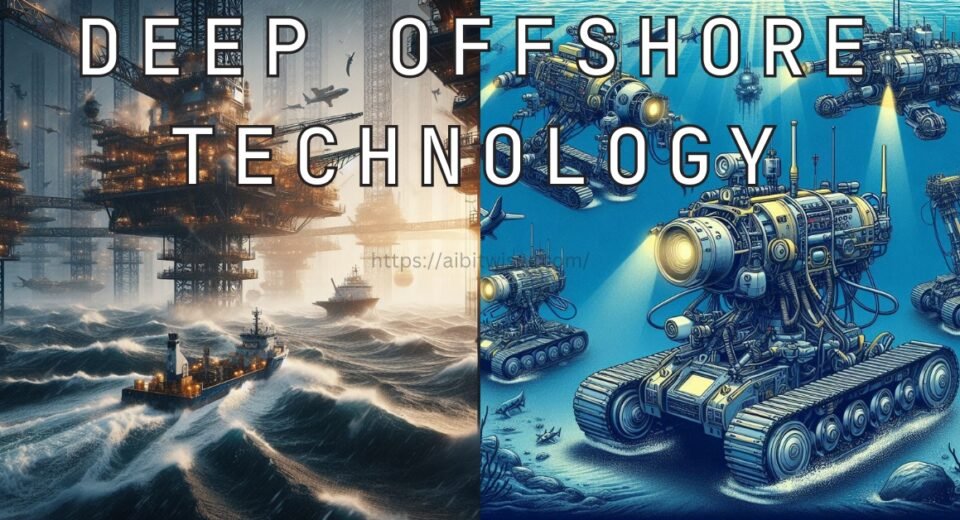The Quest for Undetectable AI: Ethical Quandaries and Technological Frontiers
Artificial intelligence (AI) is rapidly advancing technology and changing daily interactions as well as industries. The idea of undetectable AI, a word that connotes both promise and danger in equal measure, is essential to this progress. The Promise of Undetectable AI The future of undetectable AI is one in which robots blend in with human activity without ever letting on that they are artificial. This has the potential to completely transform industries like healthcare, where real-time medical advice and AI-driven diagnostics might lead toward improved patient outcomes. Suppose that we live in a world where AI-driven personal assistants anticipate needs and assist in a way that makes them seem no different from human helpers, or where translating language becomes identical as speaking with a native speaker. These apps aim to improve productivity, ease of use, and accessibility in a variety of fields. The Ethical Dilemmas Nonetheless, there are significant ethical concerns with the search for undetectable AI. The possibility of unmanaged biases in AI systems is the most important one. The likelihood of racial, gendered, or socioeconomic prejudices in society being reinforced or made worse by these more complex systems grows. Furthermore, the lack of openness and accountability in AI’s decision-making processes might jeopardize the fundamental principles that build trust between technology and society. Technological Advancements and Challenges The state of play today shows how humanization strategies and AI detection systems interact dynamically to conceal information created by AI. Detection algorithms examine language clues, statistical patterns, and behavioral abnormalities to recognize machine-generated outputs. On the other hand, Humanization AI Tools aim to improve AI-generated writing by including idioms, emotive language, and subtle phrases that are typical of human speech. This arms race between humanization and detection highlights how dynamic the problem is. Implications for Society Beyond just advances in technology, undetectable AI has far-reaching ramifications. Fundamentally, technology can change how people interact and perceive the world. The line between human and machine conduct dissolves if AI can replicate human behavior with ease, posing serious concerns about authenticity and trust. The conventions that have historically regulated interactions between humans and machines may be challenged by this development, which might alter social standards. The Role of Transparency and Regulation Regulation and openness appear as key tenets in guiding the development and application of undetected AI. Open communication amongst stakeholders is necessary to create frameworks that support innovation while addressing ethical issues. The goals of regulations need to be to uphold responsibility, advance equity, and reduce the threats brought on by AI’s growing impact and autonomy. Balancing Innovation and Responsibility Our understanding of AI’s ethical ramifications must change along with its capabilities. It takes intentional steps to strike a balance between innovation and accountability. This entails giving consumers access to transparent information about AI-driven interactions, guaranteeing diversity and inclusion in dataset curation, and incorporating ethical concerns into AI design. Conclusion: Shaping the Future of Undetectable AI The boundary where ethical requirements and technical capabilities converge is represented by undetectable AI. The path to undetectability necessitates careful negotiation of ethical obstacles, despite the enormous potential rewards, which range from improved healthcare to individualized services. In order to guide AI research toward a future that optimizes benefits while minimizing hazards, transparency, regulatory foresight, and social involvement are crucial. The goal of the search for undetectable AI is ultimately to shape a world in which innovation responsibly and ethically benefits mankind, rather than just achieving technological feats.
















